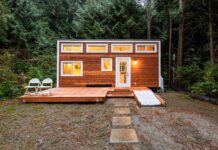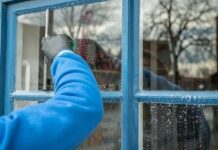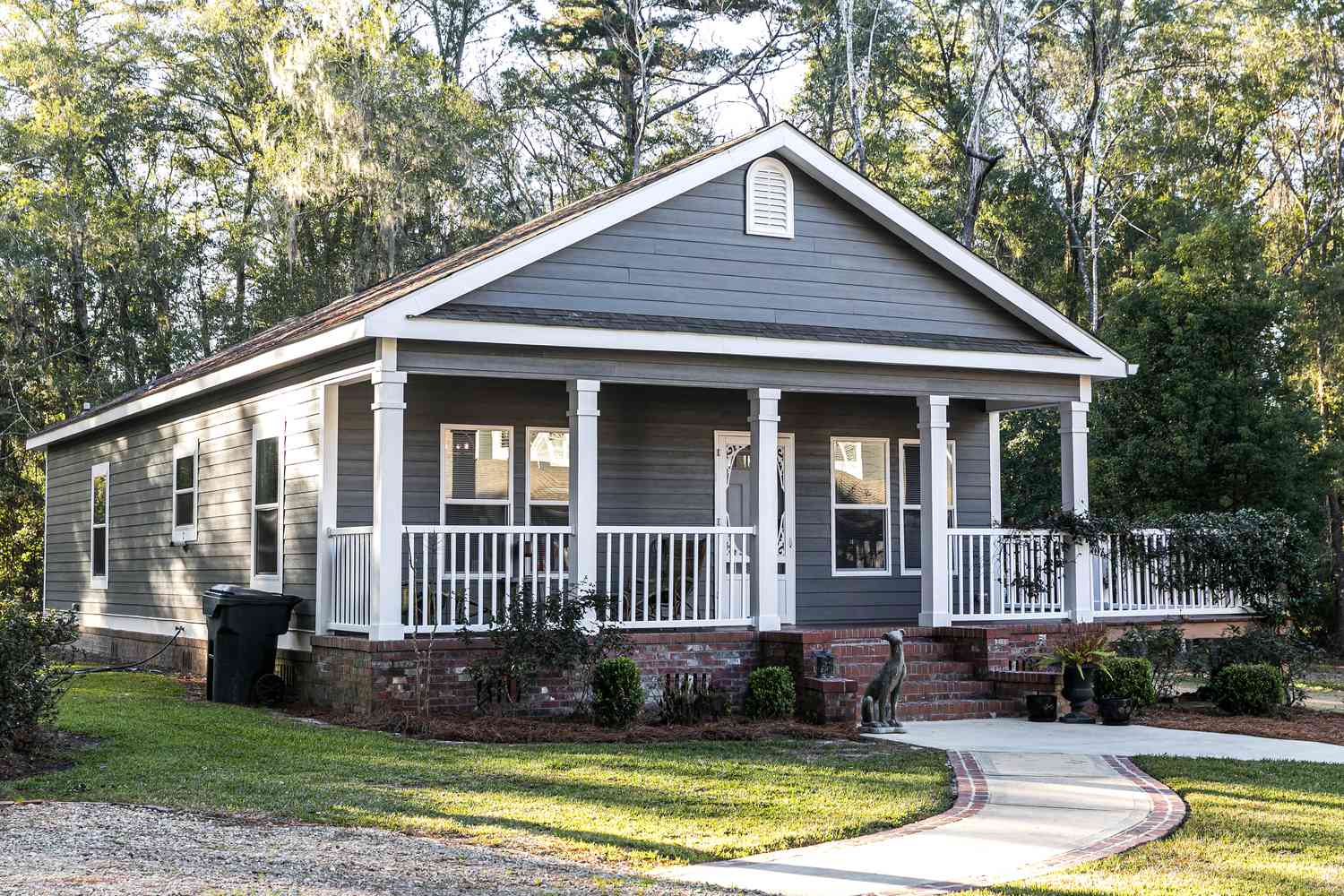
Understanding the factors that influence the longevity of modular homes is crucial for homeowners and potential buyers.
Modular homes offer numerous benefits, including cost-effectiveness and efficient construction.
However, ensuring their durability requires attention to specific aspects that can affect their lifespan.
Let us talk about the top factors that ensure the longevity of these houses.
1. Quality of Materials
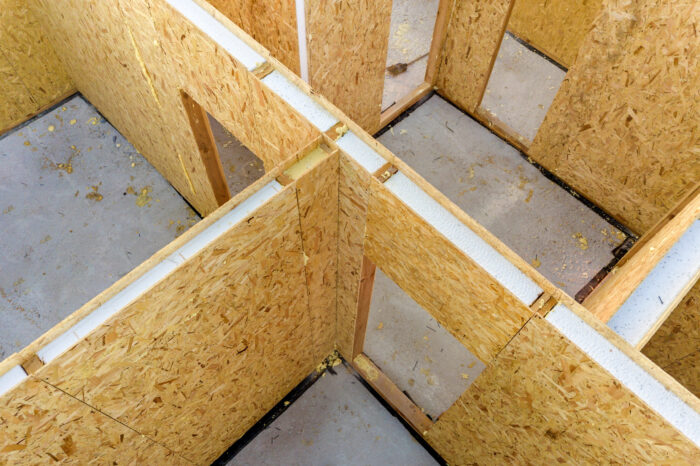
The longevity of modular homes significantly depends on the quality of materials used in their construction.
High-quality materials ensure durability and long-lasting performance, making the home more resistant to wear and tear over time.
The factory-controlled environments where modular houses are built play a critical role in maintaining the quality of these materials.
Unlike traditional site-built homes, they are constructed in facilities where materials are protected from weather-related damage during the building process.
The controlled environment minimizes exposure to moisture, temperature fluctuations, and other environmental factors that can compromise material integrity.
As a result, modular homes built with robust materials can achieve a lifespan comparable to, or even exceeding, that of traditional homes, often lasting over 50 years with proper care.
2. Construction Methods
Advanced construction techniques are a hallmark of modular houses, significantly contributing to their longevity. The precision and consistency achieved through factory assembly ensure stronger and more resilient structures.
These are constructed using stringent quality controls and building standards, which often result in superior structural integrity compared to some site-built homes.
The use of state-of-the-art machinery and technology in the manufacturing process allows for exact measurements and precise cuts, reducing the likelihood of structural weaknesses.
The construction method involves rigorous testing and inspection at various stages, ensuring that each component meets high standards before final assembly.
Choosing an experienced modular home builder is an absolute must to ensure longevity.
3. Site Preparation and Installation
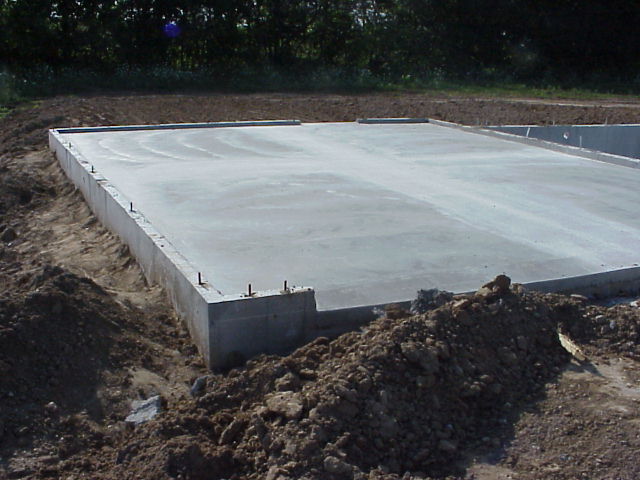
Proper site preparation and installation are critical factors that affect the longevity of modular homes. The stability and lifespan of these homes depend on the quality of the foundation and the conditions of the site where they are placed.
Factors such as soil quality, foundation type, and site grading play a significant role in the home’s long-term performance.
A well-prepared site with a level and reinforced foundation can prevent issues such as settling and structural instability. Proper site grading ensures adequate drainage, reducing the risk of water damage to the foundation.
4. Maintenance and Upkeep
Regular maintenance and upkeep are essential to extending the life of a modular home. Just like traditional homes, modular houses require periodic inspections and timely repairs to remain in optimal condition.
Key maintenance practices include regular checks of the roof, foundation, plumbing, and HVAC systems.
Inspecting the roof for signs of wear and tear, such as missing shingles or leaks, can prevent more significant issues like water damage. Ensuring that the foundation remains intact and free from cracks helps maintain the home’s structural stability.
5. Environmental Factors
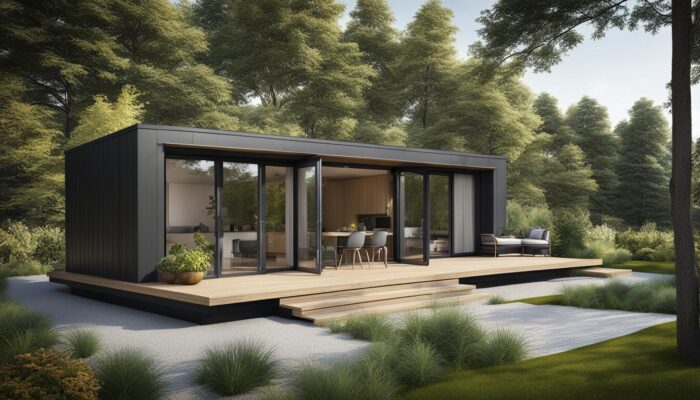
Environmental factors play a crucial role in determining the longevity of modular homes. Climate and weather conditions can impact the structural integrity and durability of these homes over time.
Proper insulation is essential to protect against temperature fluctuations and maintain energy efficiency. In regions prone to heavy rainfall or flooding, adequate drainage systems and moisture barriers are necessary to prevent water damage and mold growth.
Summary
The longevity of modular houses is influenced by several key factors, including the quality of materials, construction methods, site preparation, maintenance, and environmental conditions.
Homeowners and potential buyers should consider these aspects to ensure their modular homes remain durable and valuable. For optimal results, consulting with experienced modular home builders and inspectors is highly recommended.

